It doesn't take a follower of the show Jeopardy to know that the shows famous host, Alex Trebek, is currently battling pancreatic cancer. Trebek announced to the fans of his show vowing that he would fight and demonstrated a determination to beat cancer ravaging his body. Trebek was quoted in People Magazine as saying, "I've got a couple of million people out there who have expressed their good thoughts, their positive energy directed towards me and their prayers." Trebek said he told the doctors, this has to be more than just the chemo, and they agreed it could very well be an important part of this."
This is not the first time that prayer and terms like positive energy have been used in the same context. In 2010, the late atheist Christopher Hitchens when battling cancer said he was touched at the thought that he was in people's prayers. One would have to be acquainted with Hichens to know the significant of such an admission. Christians should recognize such remarks for what they are - non-Christian. Understand, such a statement is not a statement on the religiosity or lack thereof of Mr. Trebek. To my knowledge, Trebek has not made a statement about his faith. Such a statement is intended to have us think both critically and Christian when we use terms so deep to our faith like “prayer.”
The Christian source of authority in prayer is Holy Scripture, and the Bible has a great deal to say about the subject. Take, for example, Jesus teaching us to pray in the middle of the Sermon on the Mount of Matthew 6. Praying the way Jesus taught us challenges every contemporary notion of what it means to pray.
At the heart of the Sermon on the Mount, Jesus teaches his followers to pray. Don't miss the significance of this. Prayer is significant because it forces our focus on matters of eternity. Jonathan Edwards, in his Resolutions, famously said, "When will all our worldly enjoyments be, when we are laid in the silent grave? Resolved, to live as I shall wish I had done when I come to die. Resolved, to live as I shall wish I had done, ten thousand ages hence. Lord stamp eternity on my eyeballs." Nothing will force us to see eternity than when we take our hearts to a posture of prayer.
Prayer is an awesome privilege. When we pray, we are touching eternity and asking God to bend our present circumstances to conform to his will. The context of the prayer Jesus teaches fits with this. In the Sermon, Jesus is drawing a contrast between the world that we know and the world that he is bringing.
Prayer is an opportunity for us to remind not only ourselves of eternity but to remind others of the eternity that God has brought near through the sending of Jesus. Prayer is an awesome privilege, and praying for others is the way that we imitate our Lord Jesus Christ. It was Jesus that taught us to pray. He demonstrates the kind of care he wants is to have for others by generously giving us this prayer and teaching us to pray. How often when you pray do you use first person singular pronouns like I? How often do you use plural pronouns like them, or they? How often are you praying for someone else?
Keep praying for others. Keep telling them you are praying for them, but when you say, "I am praying for you," know that you mean it different than what most people understand.

